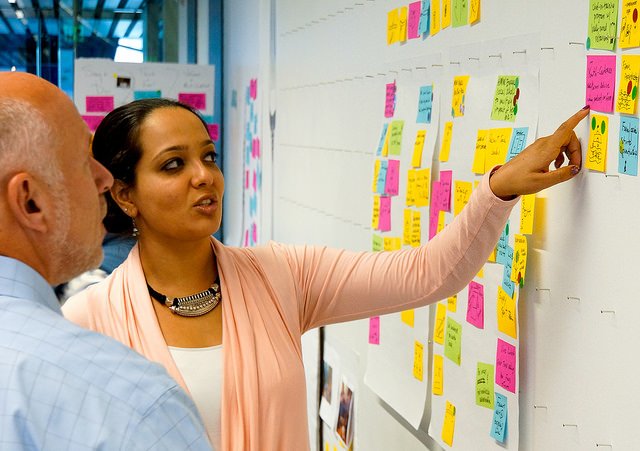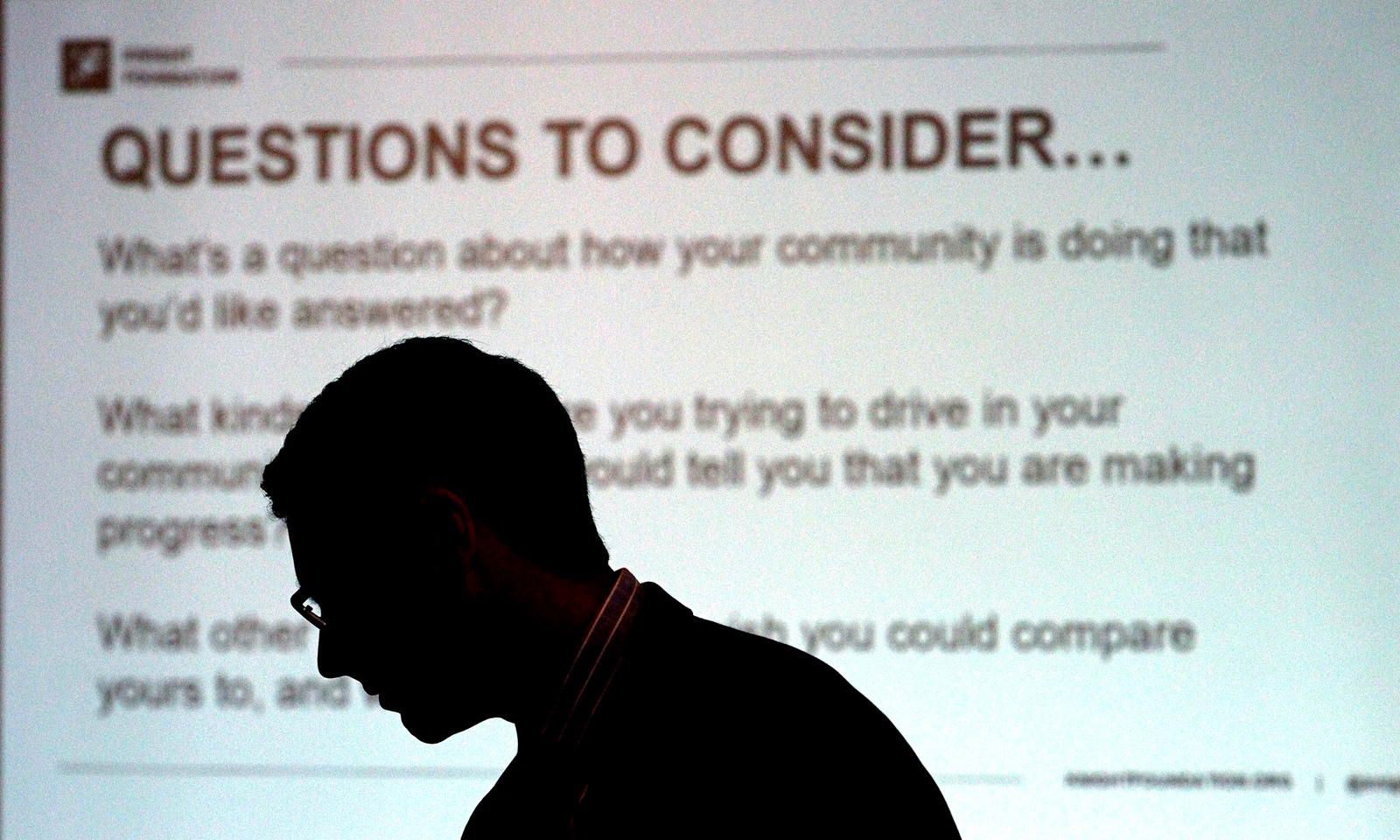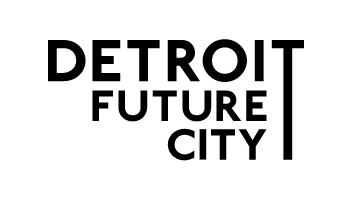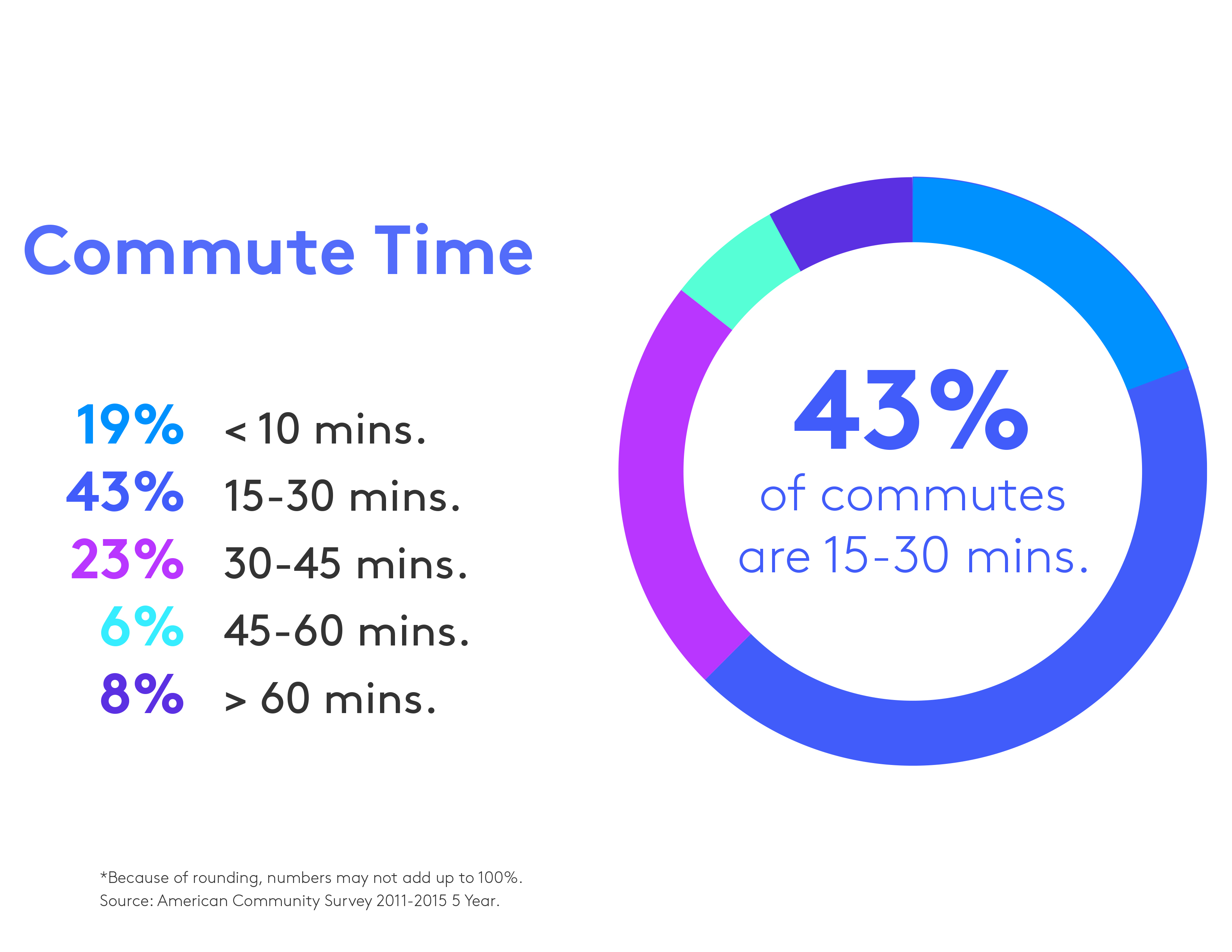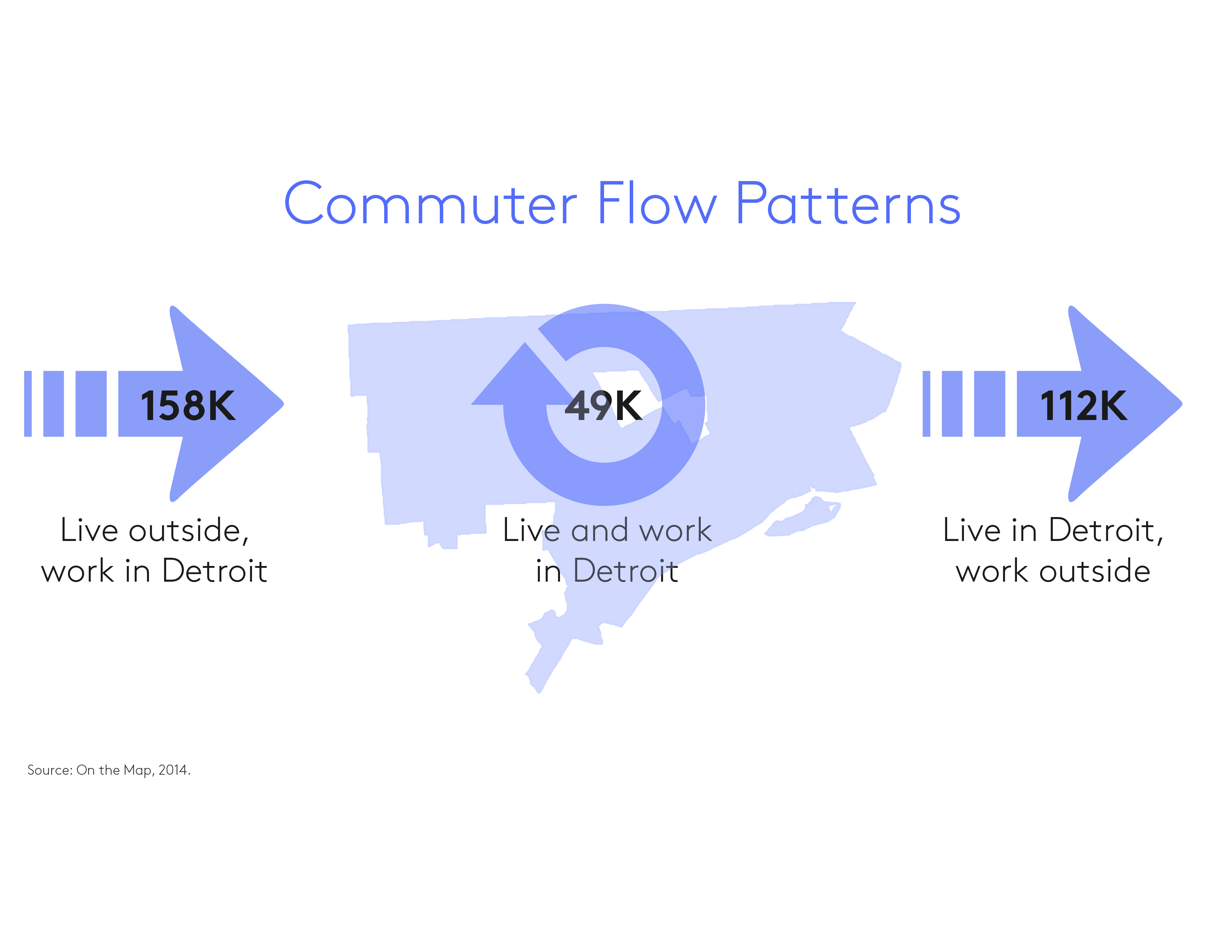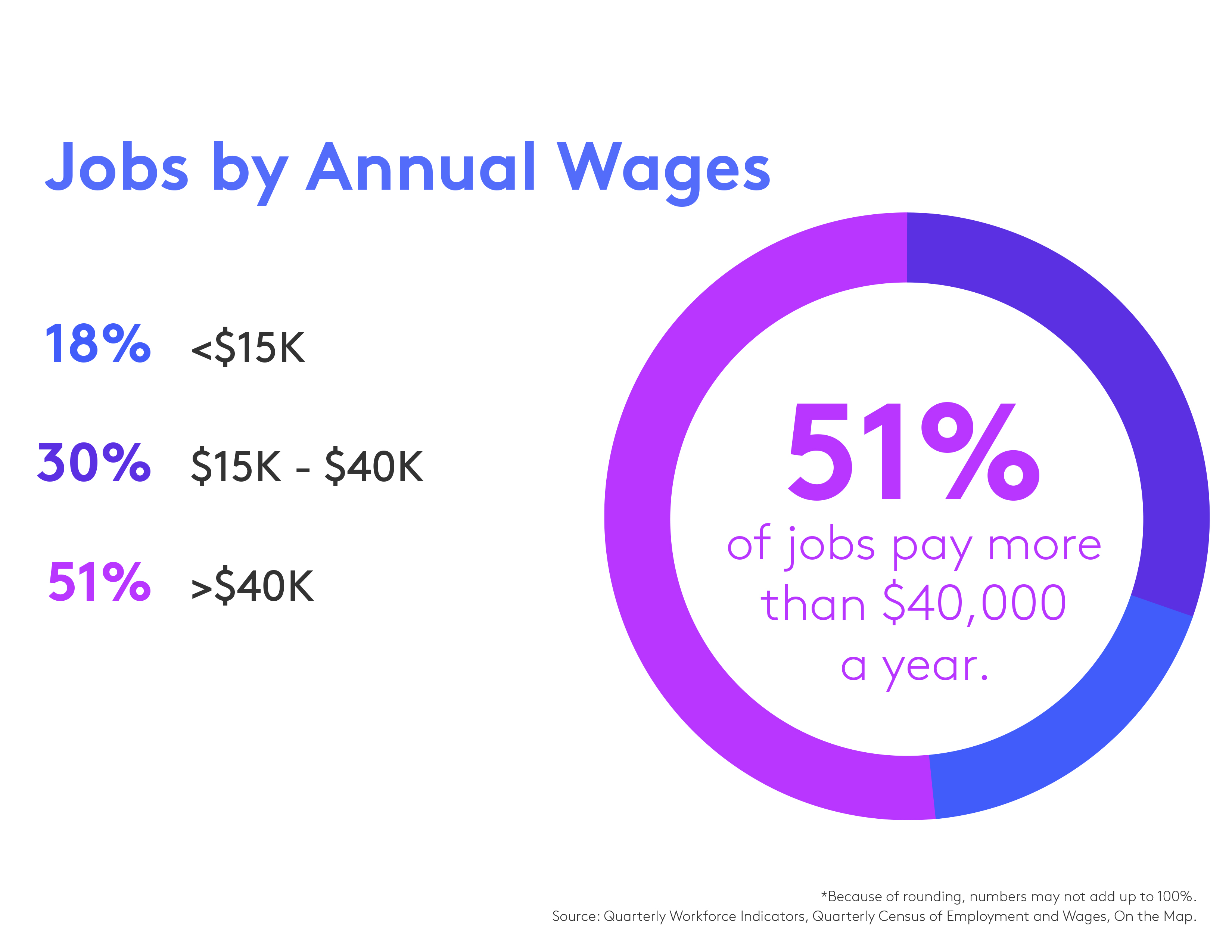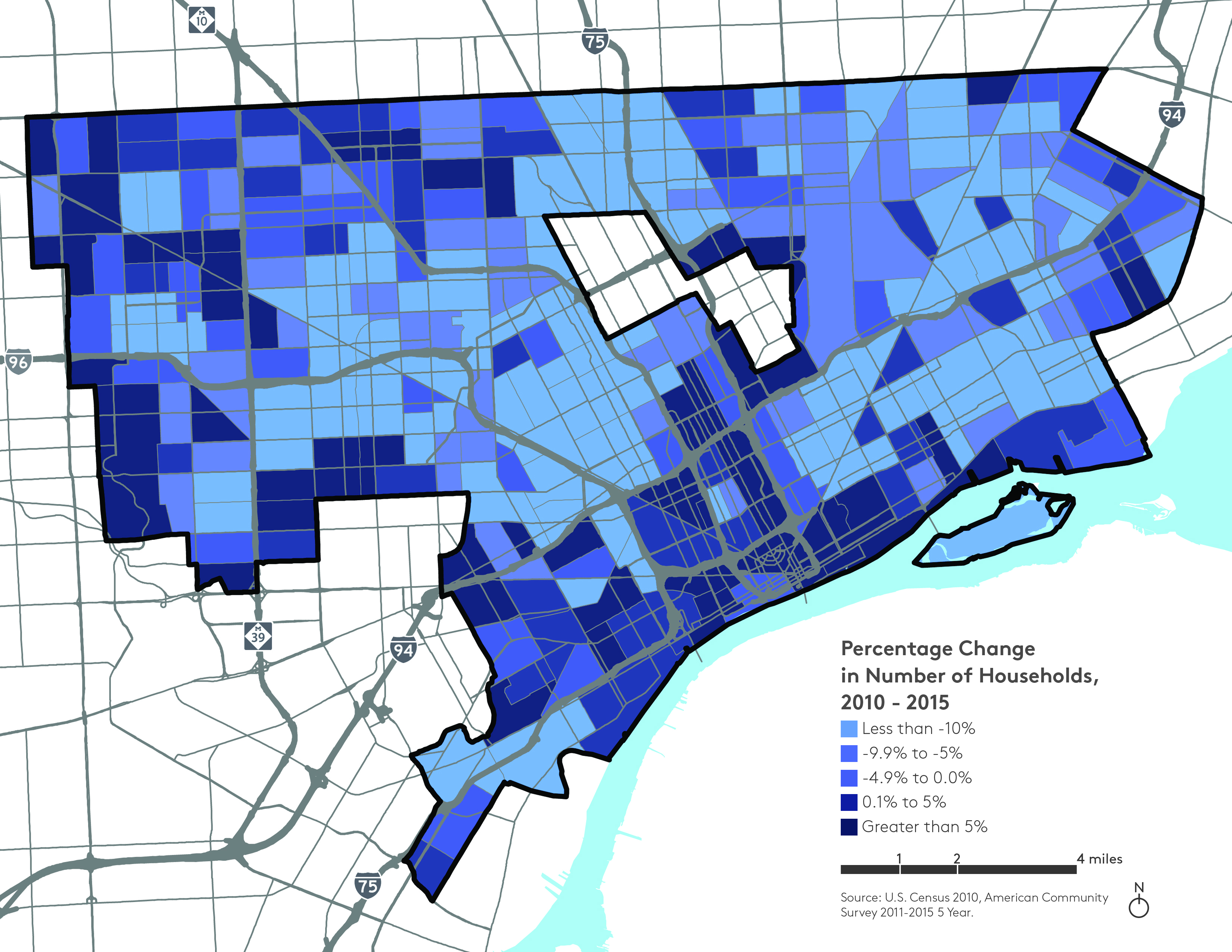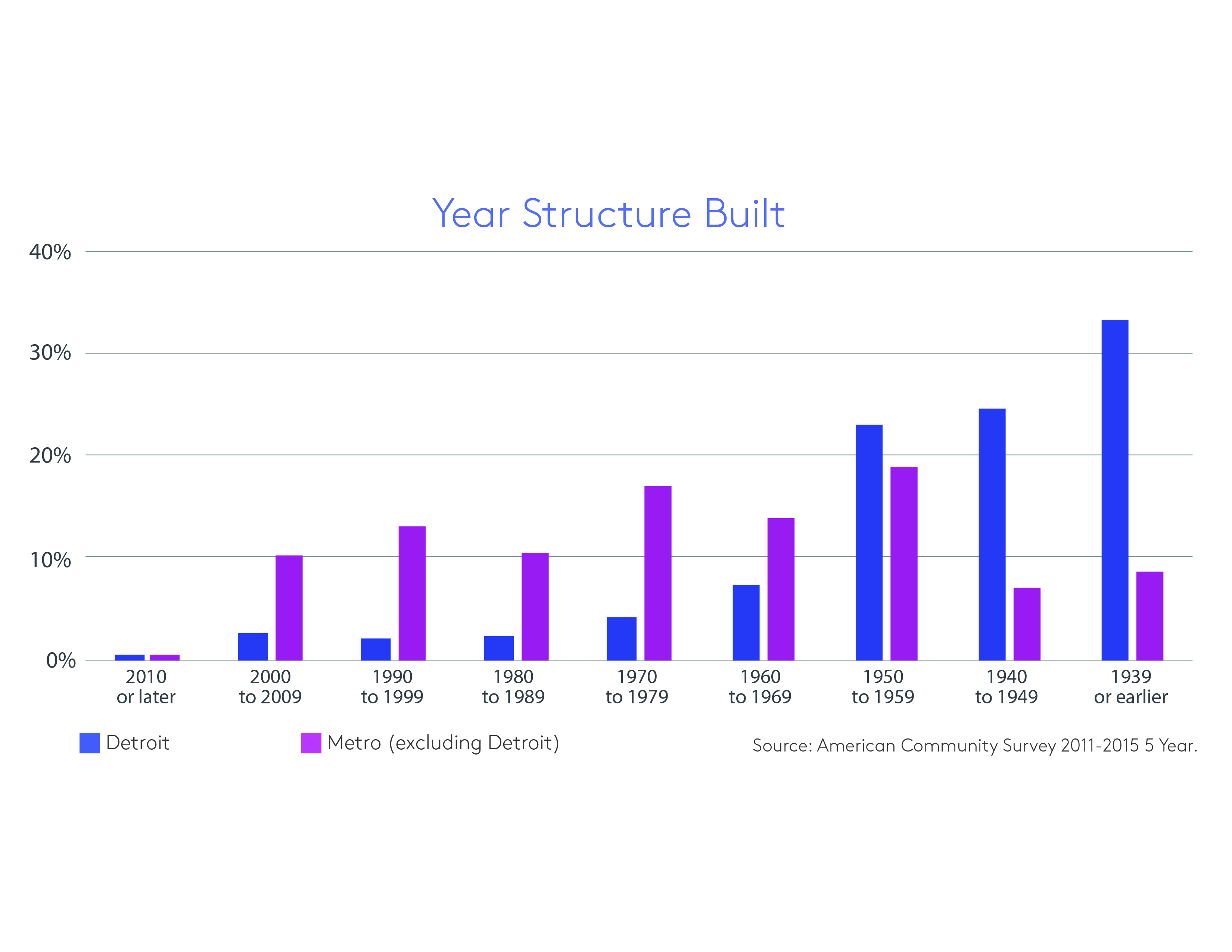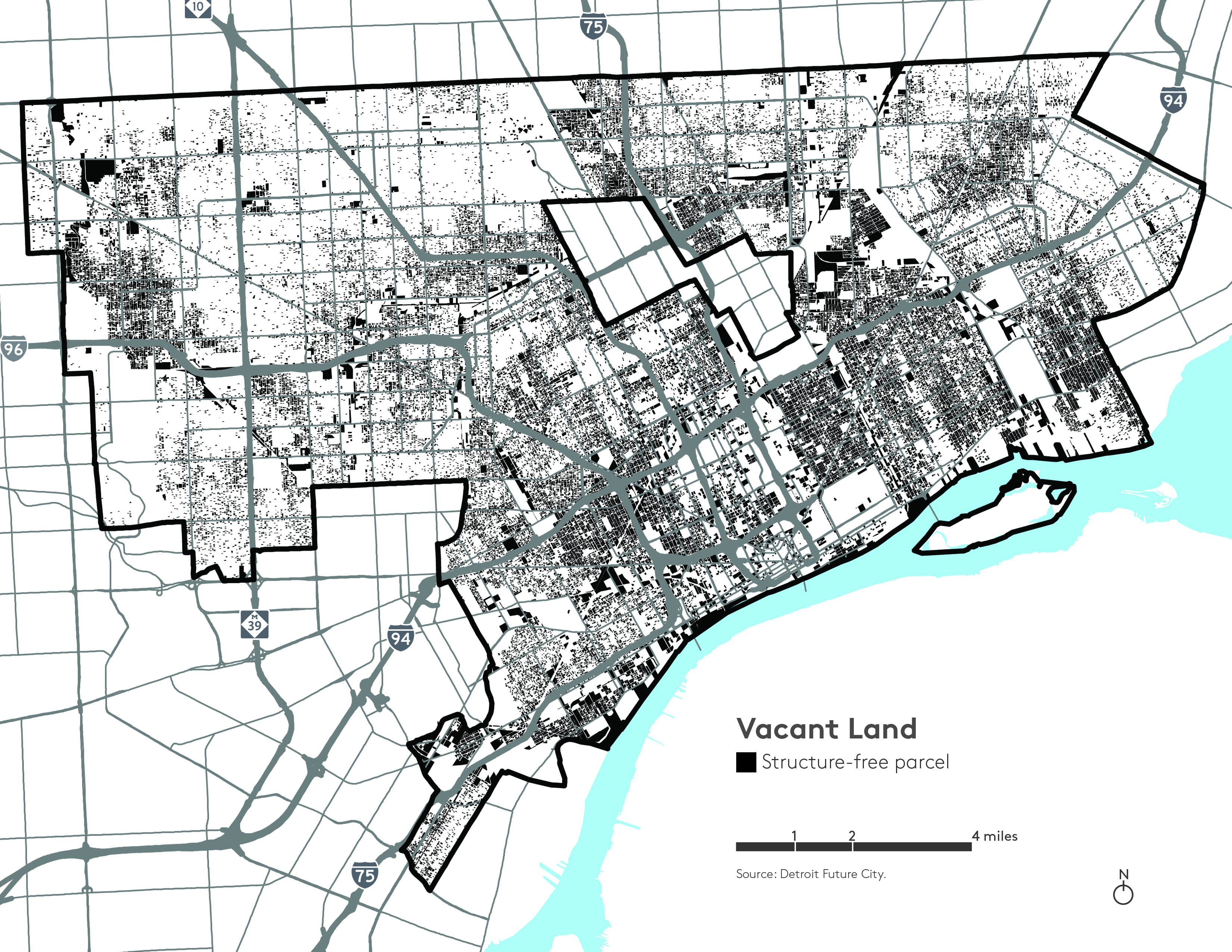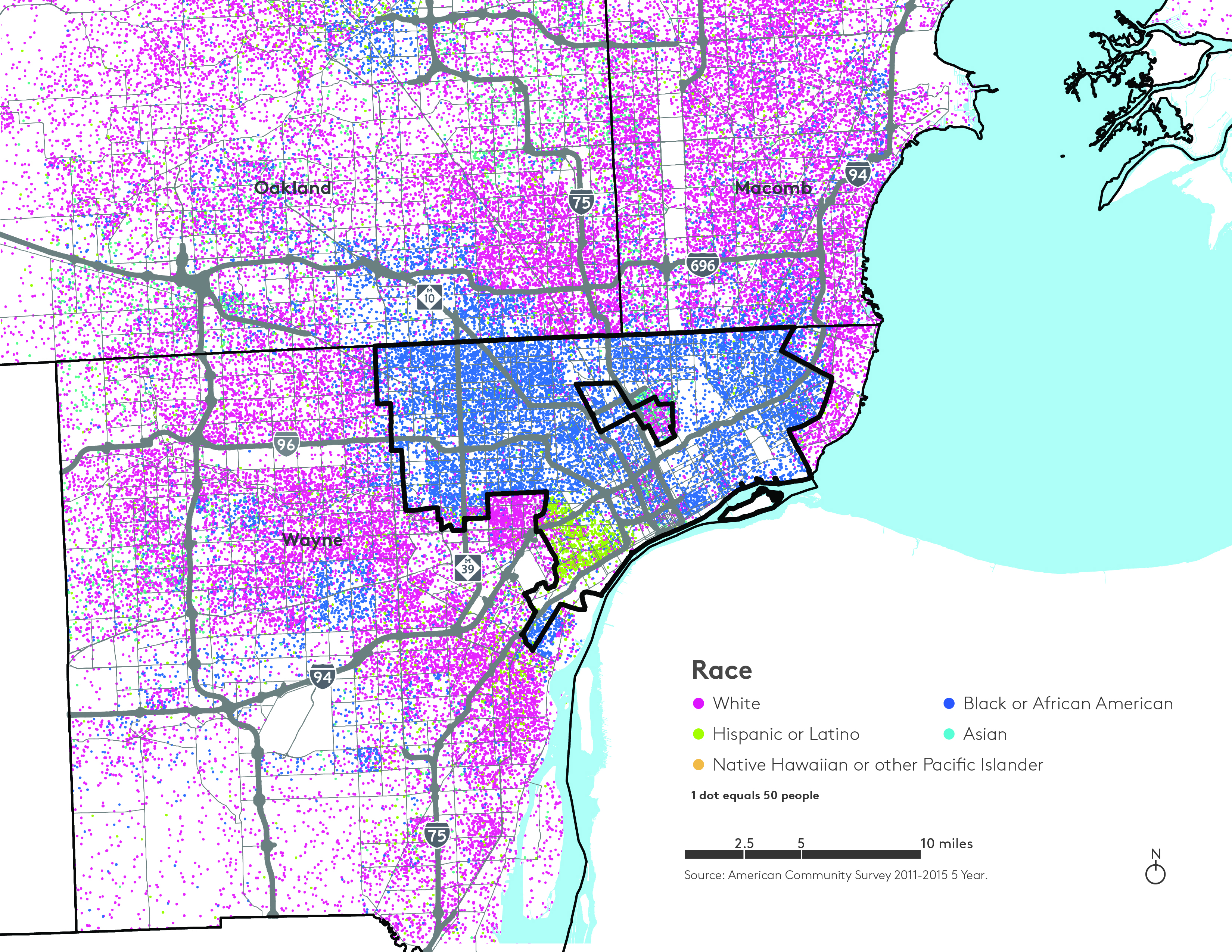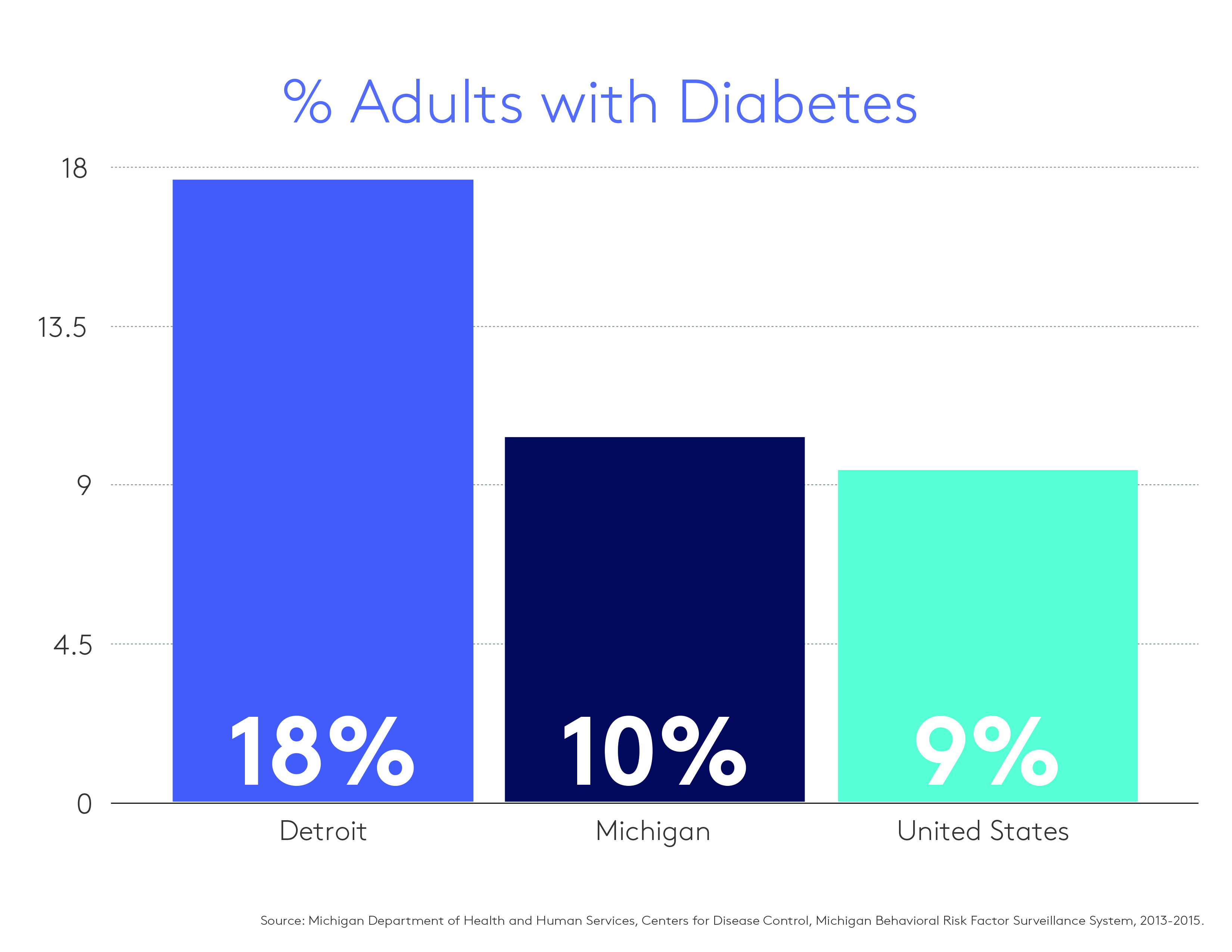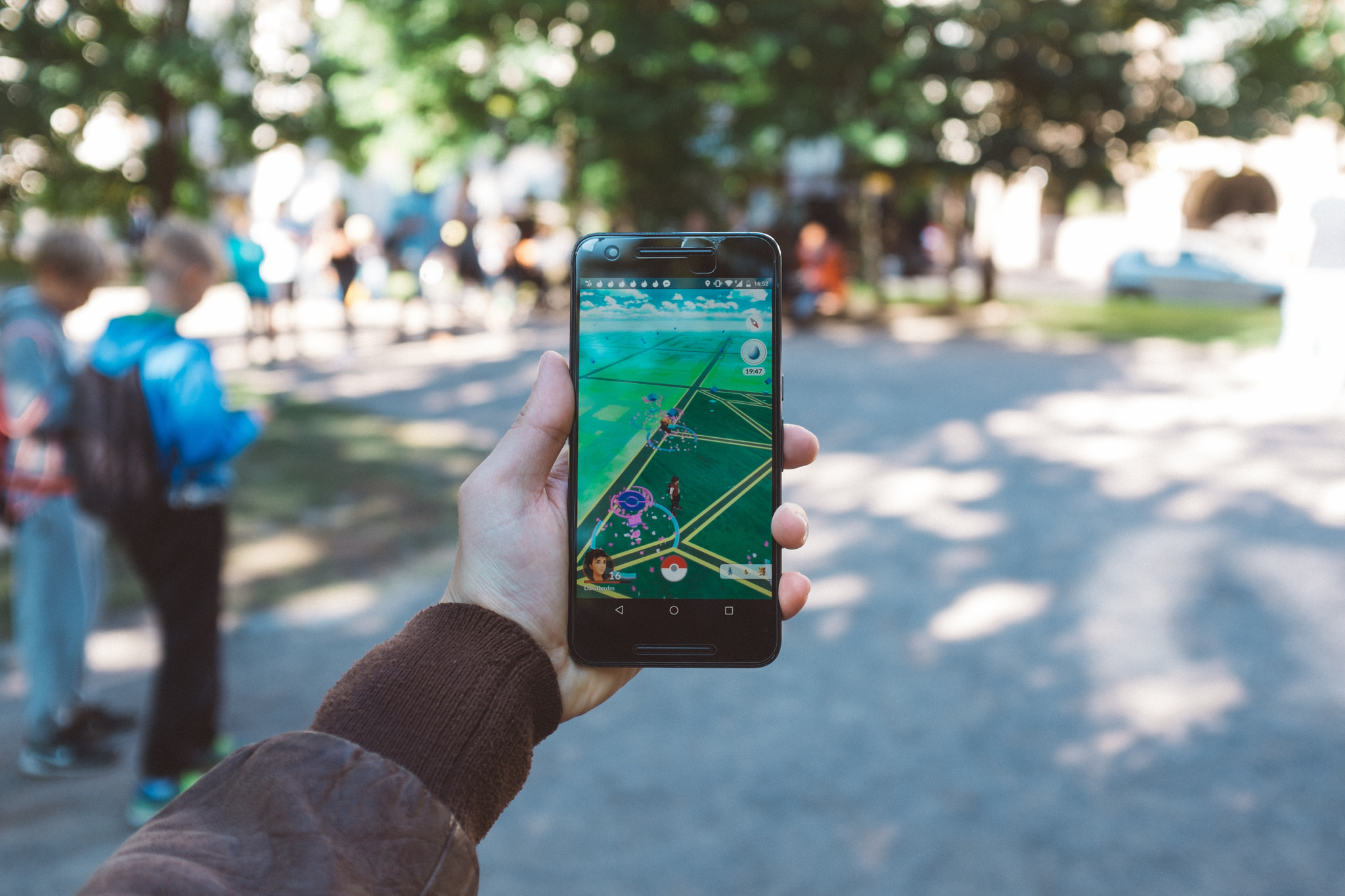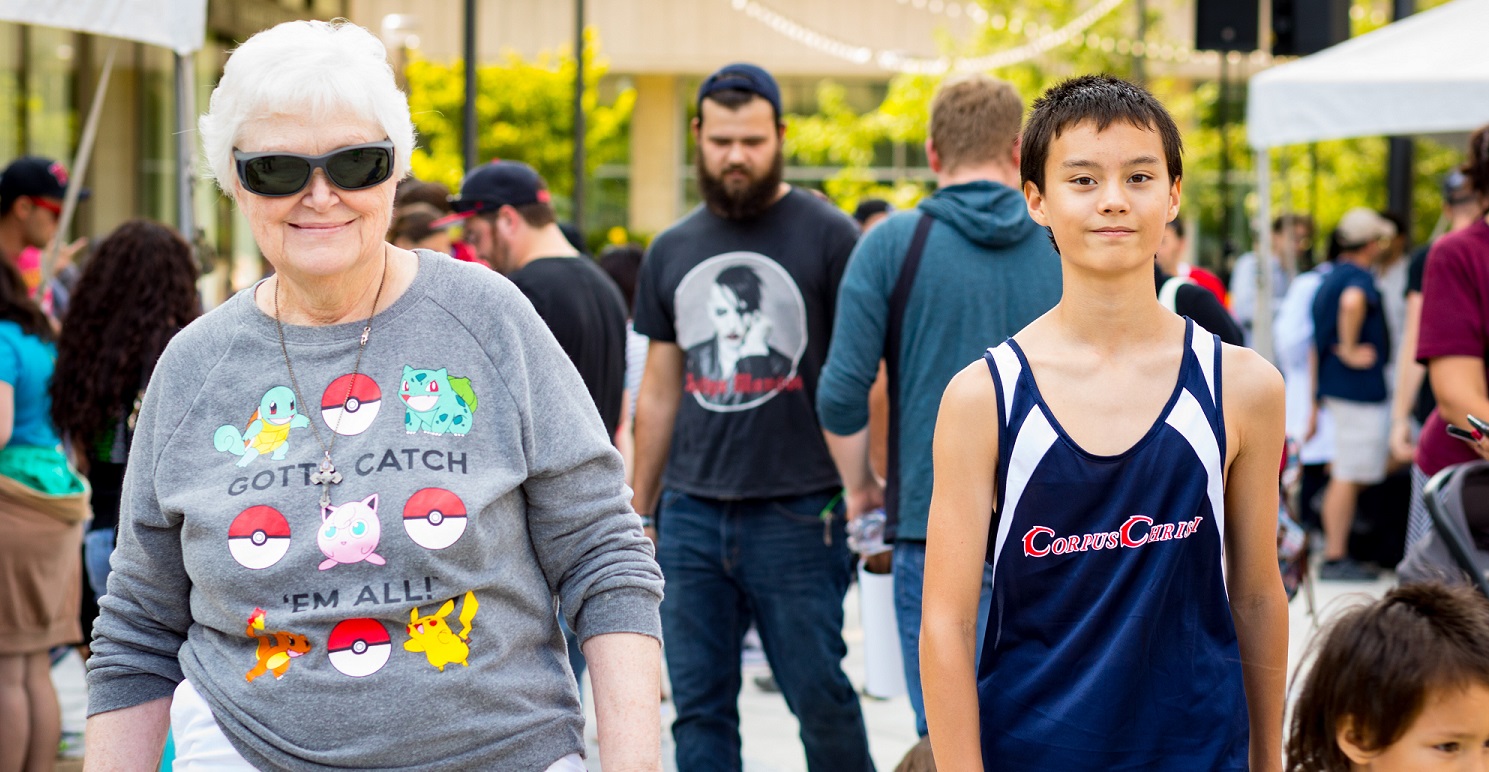San Jose, Calif.—Sept. 11, 2017—The John S. and James L. Knight Foundation today announced more than $1.1 million in new funding for 10 projects aimed at making San Jose a more vibrant place to live and work, while fostering civic engagement and connection.
Led by local government and a range of community development organizations, many of the projects focus on transforming the San Jose downtown area, while creating more options for residents to share ideas and shape the city’s culture. From a vibrant space for job training and entrepreneurship to a free outdoor dance program in downtown to a new position in city government designed to engage citizens in community service and volunteerism, the projects work to advance a better future for San Jose. They also encourage the sharing of best practices between cities including global learning opportunities.
“San Jose is home to diverse talent and innovators of all kinds; ideas born here affect people on a global scale. But we need to work harder to turn these assets inward, using them to address local challenges and make our city better. Together, these projects work to advance that goal, helping to improve quality of life in San Jose, while connecting residents to their city and each other,” said Danny Harris, Knight Foundation program director for San Jose.
The organizations receiving support include:
TechShop ($484,000) – Offering a vibrant space for job training and entrepreneurship in San Jose by supporting the Tech Shop collaborative makerspace at its new location in downtown. Funding will also support a partnership with San Jose State University to launch the Knight Placemaking Lab, where people can experiment with new ideas and promote community engagement through events, collaboration and learning.
City of San Jose, Department of Planning, Building and Code Enforcement ($198,894) – Creating a more vibrant San Jose by updating the Citywide Urban Design and Historic Preservation Guidelines that outline goals toward improving neighborhood life.
SPUR ($111,135) – Transforming the area around San Jose’s central rail depot, Diridon Station into an active community hub by supporting a study tour for 18 regional policymakers and agency heads to the Netherlands and France, known for hosting vibrant transportation centers.
City of San Jose, Office of the Mayor ($100,000) – Fostering civic engagement by supporting a chief service officer position in city government, who will work to engage citizens in community service and volunteerism.
City of San Jose, Office of Cultural Affairs ($75,000) – Improving downtown vibrancy by supporting CityDance, an eight-week free outdoor dance program in downtown San Jose.
National Association of City Transportation Officials (NACTO) ($50,000) – Encouraging people to connect with their city in public spaces by designing better and safer bike infrastructure and streets.
8-80 Cities ($46,990) – Expanding the impact of Viva CalleSJ, a program that opens city streets to pedestrians and encourages community exploration; funding will support a study tour that will take 15 San Jose leaders to Guadalajara, Mexico, which hosts one of the world’s most successful Open Streets programs.
Sustainable Agriculture Education (SAGE) ($40,000) – Creating a more vibrant and resilient San Jose by implementing the Food Works Plan, which aims to help increase investments in a connected local food system including, production, processing, distribution and consumption.
Silicon Valley Bike Coalition ($35,000) – Bringing more beauty, creativity and celebration to biking in San Jose through the city’s first “bike artist in-residence” program, which will invite local artists to propose and produce art along bike routes in San Jose.
Silicon Valley Creates ($15,000) – Showcasing local creativity on a global platform through the expansion of Pow! Wow!, an international art festival hosted in San Jose.
Funding for these projects forms one part of Knight Foundation’s efforts to support the urbanization of a traditionally sprawling city with a specific focus on central San Jose and how the city’s core can attract and retain talent, expand opportunity and build a culture of civic engagement. Since 2008, Knight Foundation has invested more than $22 million in San Jose.
About the John S. and James L. Knight Foundation
Knight Foundation is a national foundation with strong local roots. We invest in journalism, in the arts, and in the success of cities where brothers John S. and James L. Knight once published newspapers. Our goal is to foster informed and engaged communities, which we believe are essential for a healthy democracy. For more, visit knightfoundation.org.
